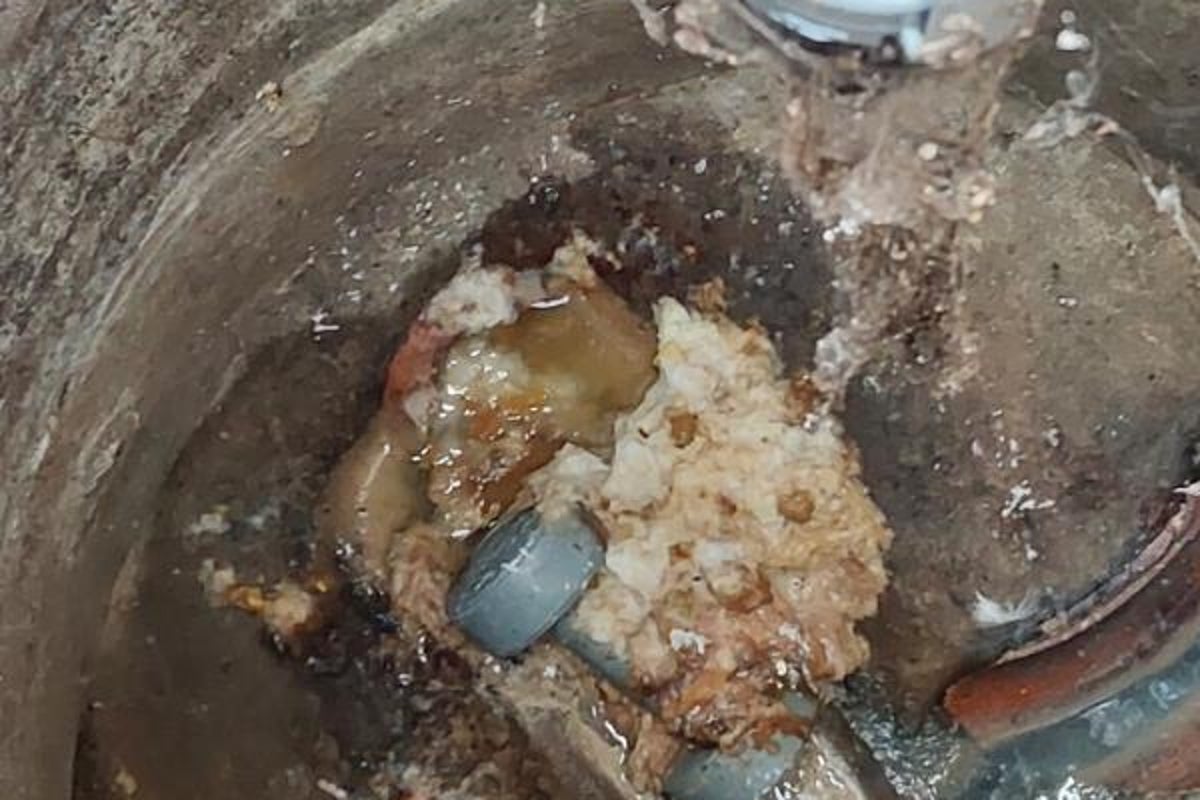On Monday, President Donald Trump and Health and Human Services Secretary Robert F. Kennedy Jr. held a press conference on their attempts to divine the causes of autism—much to the chagrin of many autistic adults, who were completely excluded from the process. The two, alongside administration officials including Centers for Medicare and Medicaid Services Administrator Mehmet Oz, claimed without definitive scientific evidence that Tylenol during pregnancy, one of the only means to treat fever, was a leading factor in children becoming autistic—demanding, in Trump’s case, that women discontinue its use.
Trump announced within the first ten minutes of the conference that the National Institutes of Health, “to help reach the ultimate goal of ending the autism,” would launch some 13 research grants to address what Kennedy called the “autism epidemic” and “how patients and parents can prevent and reverse this alarming trend.”
“The long history of trying to ‘cure’ or eliminate autism has been a history of terrible abuse and dangerous sham treatments.”
Trump’s long history of being obsessed with eugenics, and of ableist statements, set the tone for a press conference that rejected the idea of autistic self-advocacy: Throughout the conference, Trump, Kennedy, and their allies framed autism as something to eliminate—an “epidemic,” disturbing, and “hard to watch”—rather than what scientists agree it is: a spectrum of neurological differences with a wide range of symptoms.
“Saying that the goal of this project is to ‘end autism’ is only going to further terrify autistic people and our families, and make it even harder for us to get the services and supports we need,” said Greg Robinson, director of public policy at the Autistic Self-Advocacy Network. “Our autism is an inherent part of who we are, and the long history of trying to ‘cure’ or eliminate autism has been a history of terrible abuse and dangerous sham treatments.”
“Autistic people are a natural part of the human experience and society needs to affirm the value of people, even with significant disabilities,” said Steven Kapp, a senior lecturer in psychology at the University of Portsmouth, who is autistic. “I don’t think eugenics is ethical or warranted in science or research.”
Kapp is wary of research driven by grants from the Trump administration’s supposed new autism research initiave. “Whether they’re awarded to qualified people, whether people competitively bid for them, whether there are any ethical safeguards, and protecting anonymous data, that’s all unclear,” Kapp said.
Kapp questions the administration’s push for research grounded in assumptions that autism can or should be eliminated—or that there simply are more autistic people, rather than better, broader diagnoses. “We live in a society that would much rather just get rid of autism and autistic people for the benefit of other people,” Kapp said.
Linking autism to environmental factors, as Kennedy has often done in public—and which much of the administration’s new research might also seek to do—is a waste of time, Kapp argues.
“Pollution isn’t good for anyone, but it doesn’t cause autism,” Kapp said. “We should be trying to take care of the environment and our health—but I don’t think the administration has shown a commitment to either.”
Meanwhile, the one federal body that does offer autistic input into Health and Human Services practices, the Interagency Autism Coordinating Committee, has not convened once under the Trump administration. The committee should have input on federal autism research and care funding, Robinson said—which Secretary Kennedy hasn’t made possible.
“While we think even this work has historically itself been pretty imbalanced towards causation and other biomedical research that we believe to be of limited benefit to our community,” Robinson said, “we also think an expert-driven, transparent process with stakeholder participation, as mandated by law, needs to be the bare minimum here.”















